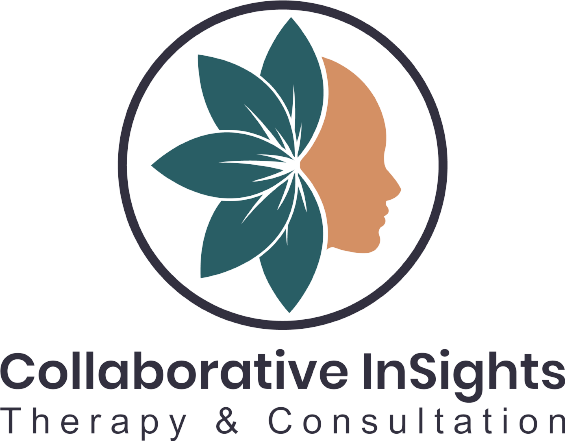Mental health stigma is when someone holds negative views and beliefs about mental health conditions and the people who struggle with them. Stigma, prejudice, and discrimination of people with mental health conditions is a common practice. Unfortunately this leads to misconceptions about the purpose and benefit of mental health care, which translates to lower rates of people accessing services they need.
Mental health care is often misunderstood. Working with a trained mental health professional can be a relieving experience. Finding the right counselor or therapist means working with someone who seeks to understand and support you. They put their own biases aside, and use specific techniques to help you feel comfortable, affirmed, and validated. However, it is hard to move past the stigma to access services, so it may help to know one of the many ways mental health stigma came to be.
Many communities reject the idea of receiving mental health support, for the same reason they avoid receiving medical care from white physicians. There is a long and storied history of medical racism and neglect that continues to this day. The foundation of our society began with subjugation – which is the practice of suppressing another’s rights and freedoms in order to control them. One way settlers exerted their control over others was to destroy community support networks that provided mental and emotional support and care. Settlers, who then secured themselves within positions of power, became some of the first recorded researchers, physicians and psychotherapists. These providers believed and endorsed racist, sexist, ableist, and homophobic rhetoric which harmed these marginalized communities.
In turn, marginalized peoples leaned on their greatest strength – their community. They began discussing their experiences with family and friends, as a way to protect themselves and their loved ones. However, this well intentioned guidance discouraged some people from facing their struggles and comfortably managing them. Instead, they held it in, and pushed it down. Telling themselves, “it’s not that bad, I can keep pushing.” Which in turn denied their feelings, desires, wants and needs, making them feel unimportant. And the thought of finally expressing themselves and saying, “I am struggling, I need support,” became wrapped up in fear, judgment, criticism, and shame.
However, mental health counselors and therapists as well as medical physicians are learning about the history of abuse, and are actively working to change these harmful practices. Underrepresented communities, including BIPOC, people with disabilities, members of the LGBTQ+ community and more, are entering the field and changing the narrative.
The field not only looks differently, but we practice differently. We combine traditional and non-traditional therapies to meet the needs of each individual we work with. You can find a mental health clinician who actively and eagerly walks with you as you explore your struggles and strengths. Clinicians seek to understand you, support you in ways that are comfortable for you, and encourage you to be a dynamic force of change in your own life.
You have the ability to trust yourself again. You have the ability to not only break generational curses, but to create new, healing traditions. You are allowed to feel comfortable. You are allowed to begin.
This blog was written by Charity Matlock, LCMHC, a therapist at Collaborative InSights. Charity is currently accepting new clients for virtual and in-person sessions in North Carolina. Contact Charity to setup a free 15 minute consultation at charitymatlock@collabintherapy.com.
Resources:
1. Singhal, N. (2024, March). Stigma, prejudice and discrimination against people with mental illness. Psychiatry.org – Stigma, Prejudice and Discrimination Against People with Mental Illness. https://www.psychiatry.org/patients-families/stigma-and-discrimination
2. Sacks, T. K., Savin, K., & Walton, Q. L. (2021). How ancestral trauma informs patients’ health decision making. AMA Journal of Ethics, 23(2). https://doi.org/10.1001/amajethics.2021.183
3. Nuriddin, A., Mooney, G., & White, A. I. (2020). Reckoning with histories of medical racism and violence in the USA. The Lancet, 396(10256), 949–951. https://doi.org/10.1016/s0140-6736(20)32032-8
4. Njoku, A., Evans, M., Nimo-Sefah, L., & Bailey, J. (2023). Listen to the whispers before they become screams: Addressing black maternal morbidity and mortality in the United States. Healthcare, 11(3), 438. https://doi.org/10.3390/healthcare11030438



2 thoughts on “The Stigma of Mental Health Care and Reclaiming Your Own Story”
I appreciate the way the author tied the history of managing mental health in marganized populations to the reluctance of some communities to seek help now.
Thank you for your feedback! It’s important for us at Collaborative InSights to highlight this factor as many clients of therapy need this to be acknowledged and validated.
Comments are closed.